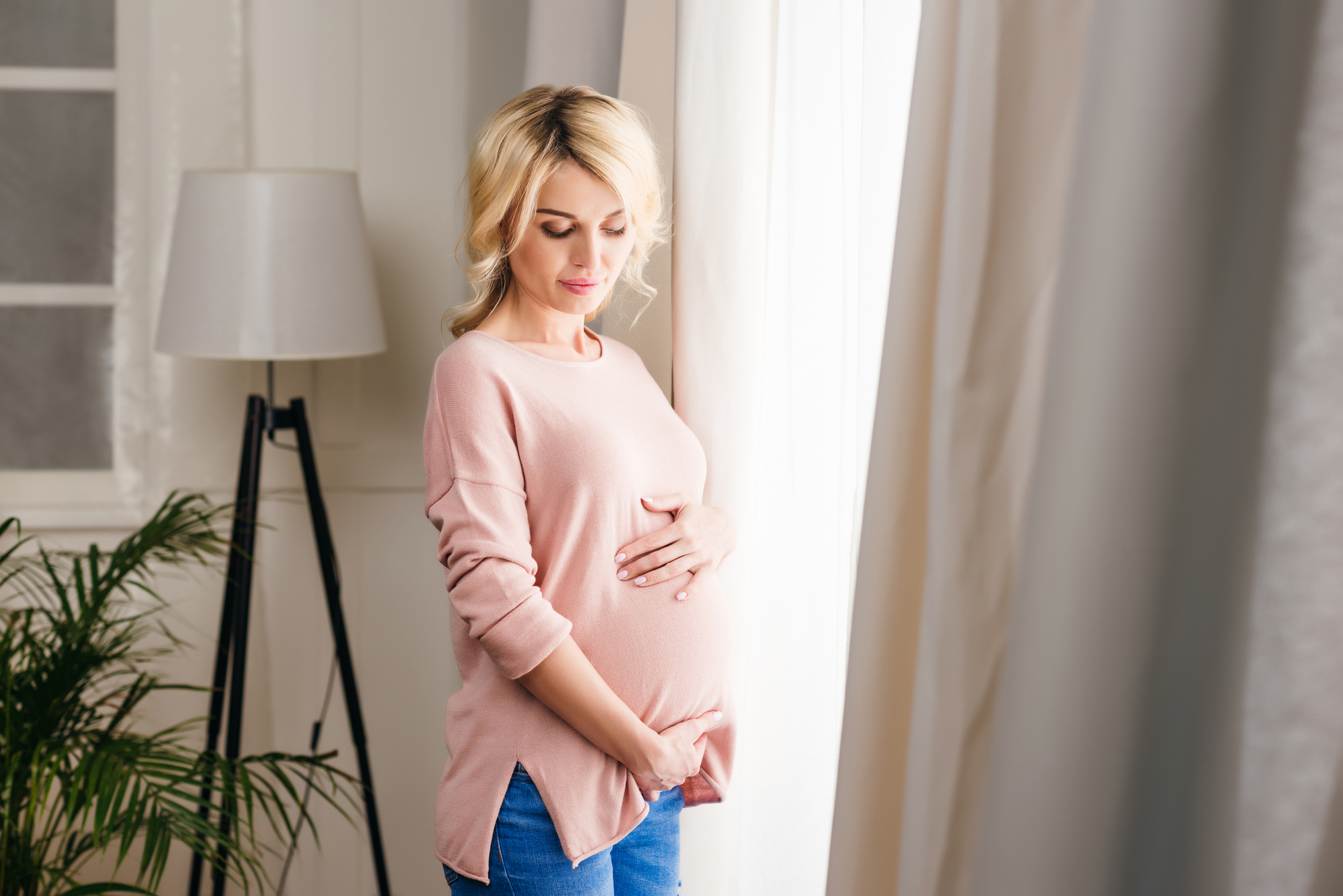Realistically, your sleep cycle is no longer yours – it’s at the peril of your newborn. All in all, this means a lot of adjusting and sleep deprivation. Research shows new parents sleep on average 4.5 hours a night in the first 12 months after birth, and spend roughly 6 years catching up on the sleep lost after having a child. The first thing to be mindful of, and perhaps the most important, is that it’s simply not going to be the same as what it was before.
What tips do you have for gaining quality rest when you can (restless nights, waking multiple times etc)?
Minimising light is fundamental; red night lights will ensure your body is able to return to sleep after waking up for a feed, for example. This is because these lights are blue light free and therefore enable you to produce melatonin (the key sleepiness hormone).
Outside of that, naps will be your saviour. Take them when you can! I recommend my 3 step perfect nap plan to help you feel as refreshed as possible. 1) Keep it short, 30 minutes or less. 2) Keep it dark, maybe try to use an eye mask. 3) Try to start your nap before 330pm.
The only change to this is if you have a full 90 minutes spare to sleep. In that case, set an alarm for 90 minutes, as this allows you to move through a complete sleep cycle.
Finally, hold no bars on the offer of help. No one is expecting you to raise your new bub on your own, so you shouldn’t try to either.
If you aren’t getting the full 7-9 hours, what are some ways you can make yourself feel refreshed?
I strongly encourage you to still practice a bedtime routine, it will help you sleep deeper, even if it is just for an hour or two. My signature bedtime routine is a great place to start, I recommend:
- Block out the blue light, at least 2 hours before bed. Blue light impairs melatonin, making it harder to fall asleep even when you do have the opportunity.
- Consume lavender. A clinical trial found lavender capsules improved sleep quality by up to 45%, and reduced anxiety by roughly 59%. Alternatively, try to diffuse lavender throughout your home a few hours before bed to induce a real sense of calm.
- Set a goodnight phone alarm approximately 60 minutes before bed. Take this as your nightly reminder to properly disconnect from all tech (I even go so far as to label the alarm “SLEEP BETTER”).
- Have a shower and practice your beauty routine. The drop in core body temperature as you emerge from a steamy shower into a cooler bathroom is a cue for melatonin synthesis, helping you to enter that sleepy state. The beauty routine is important, especially for new mums, asall your ‘me’ time is eaten up with new duties of care, but know that self-care goes such a long way too. Taking a few minutes out to remind yourself that you matter is critical. Use a beauty tool for an at-home facial massage, slowly apply those nightly serums, I’ve personally been indulging in the new Sleeping Beauty bundle from Edible Beauty containing a mousse face mask and rose quartz crystal eye mask – helping me get my glow on, even for a few minutes.
- Take a magnesium based sleep supplement: a clinical trial found magnesium could reduce anxiety by 31%, which is particularly important for new parents who are at risk of anxiety and depression collectively, while navigating this new and stressful way of life.
- Read to unwind: a study by University of Sussex found reading could reduce stress by 68% – and the anti anxiety effects eventuated in just 6 minutes. So, aim for 6 minutes, and if you like, know that picture books produce the same amount of joy – fun for the whole family.
- Use an eye mask to protect you from any sleep sabotaging blue light during the night.
Do you have any tips for ensuring you can fall asleep quickly and calmly?
Keep up your routines, much like the one above. It’s really important to give ourselves the time to unwind each night, and just because you’re a mum doesn’t mean you don’t need ‘me’ time; nor does it mean your own self care should go unchecked.
How important is sleep for overall wellness?
Imperative!
It’s needed for physical recovery – 70% of our growth hormone is produced in slow wave sleep, a catalyst for collagen production, and therefore, cellular repair. Note this is internal repair, as well as external repair, so it helps us look our best inside and out.
It’s also needed to reduce our levels of stress hormone cortisol. If we don’t sleep enough, this rises by 37% after just one night of insufficient sleep, leaving us anxious and wired.
Cognitively, it restores functioning of our frontal lobe, responsible for decision making and judgement.









